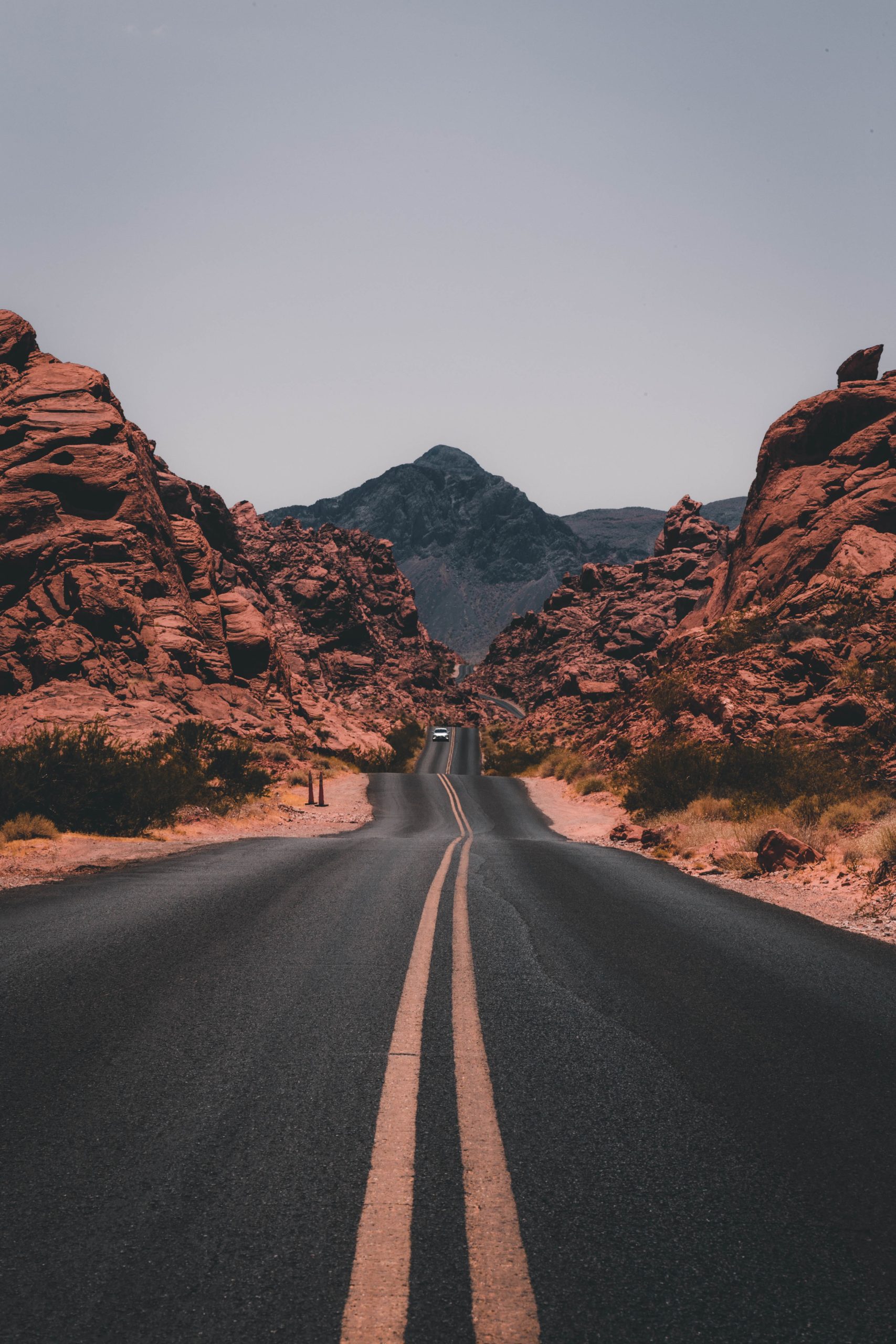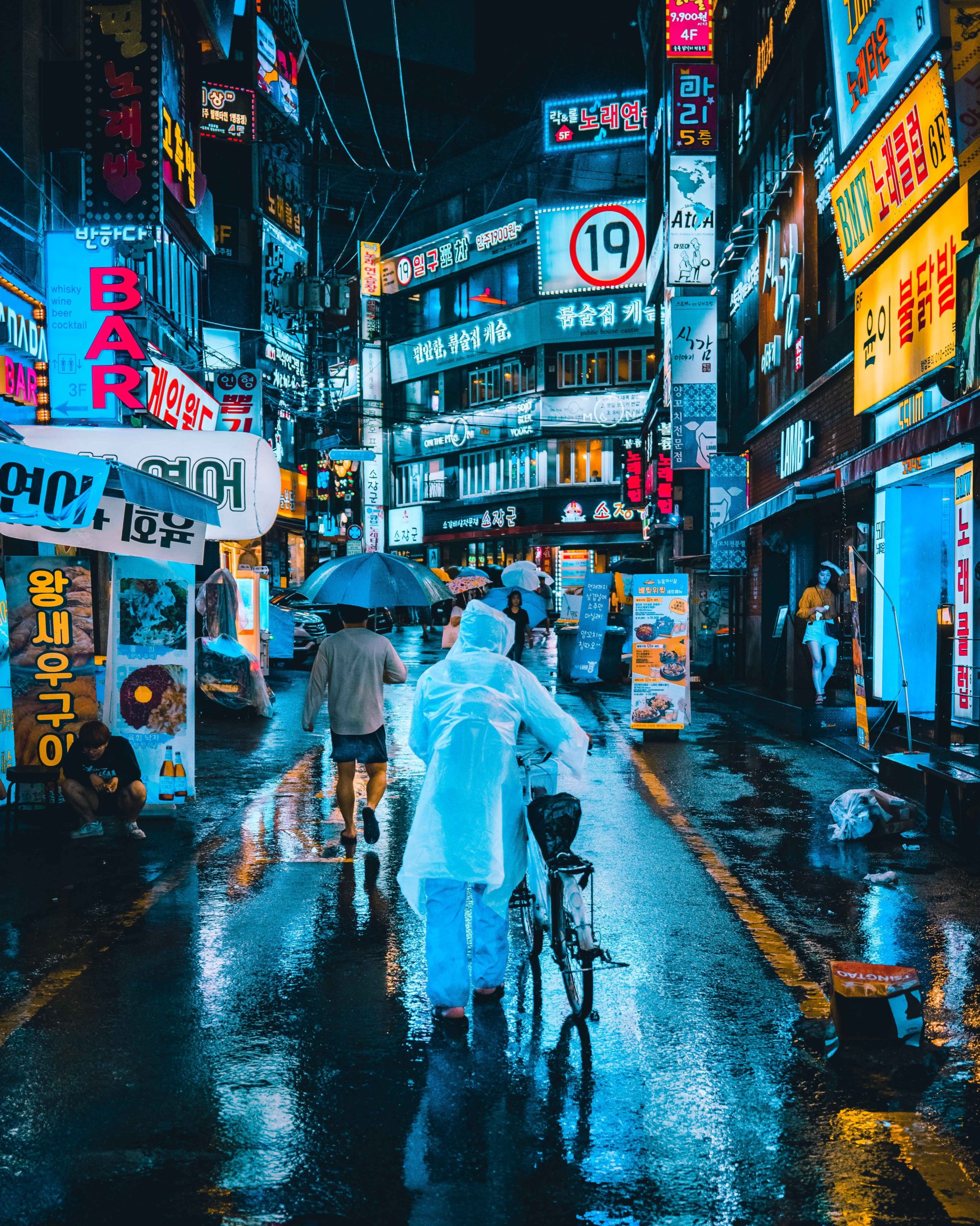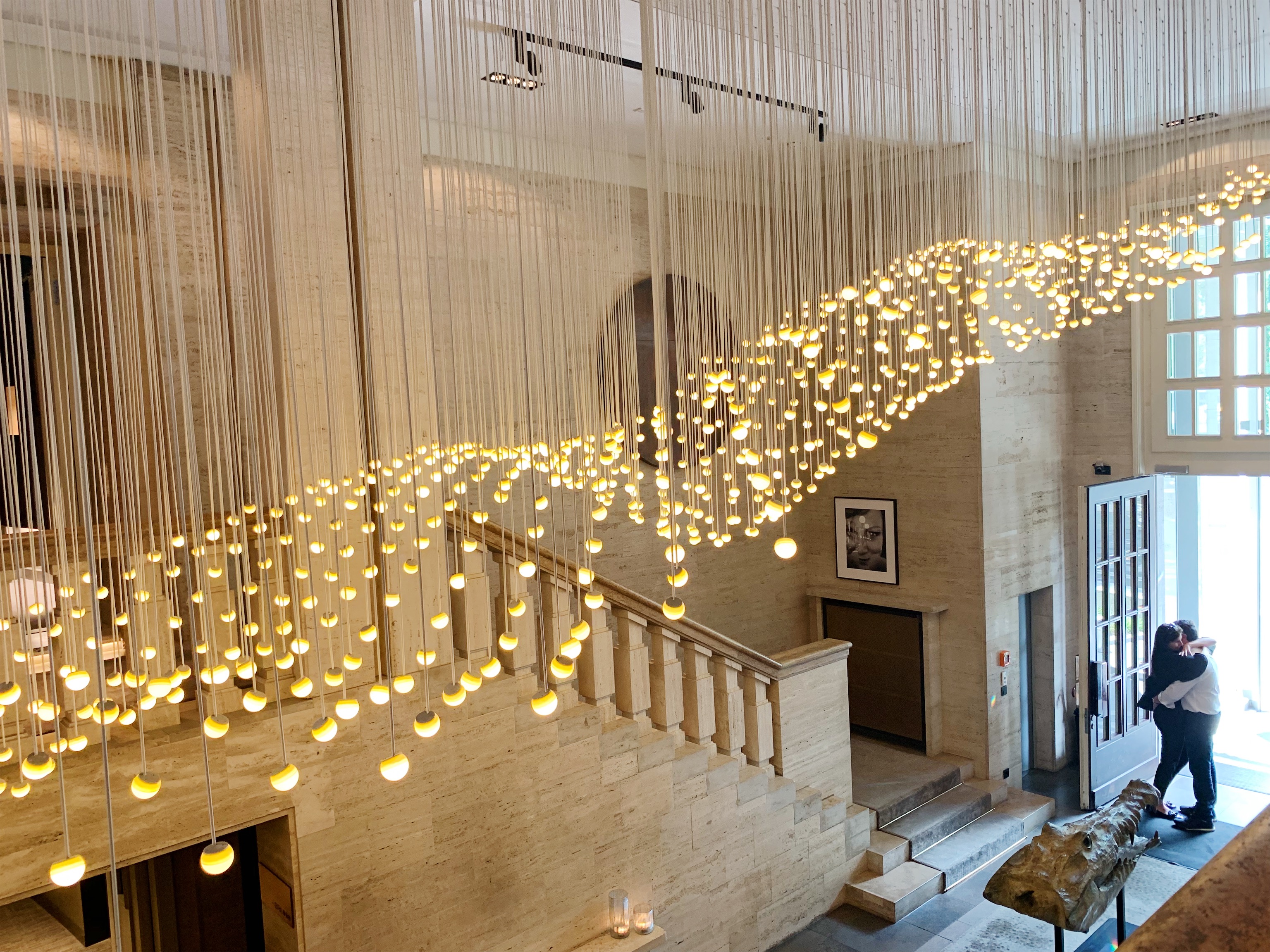If you go to a tree and stand there, or look in a dazed state at a flower – your eyes wide open, your senses wide open to allow the beauty of the flower to enter you – people will think you are a poet or a painter or a mystic. But if you go to a woman or a man and just stand there with great reverence and respect, and look at the woman with your eyes wide open and your senses drinking the beauty of the woman, the police will catch hold of you. Nobody will say that you are a mystic, a poet; nobody will appreciate what you are doing…Something has been damaged tremendously and very deeply. –Osho
“How many beers have you had today?”, I half-joked in Hindi with the bus driver as he threw my bag on the roof. “Two, since this morning,” he answered. We laughed.
Leh, like most villages in this part of the world (the northern tip of India, near the borders of Pakistan and Chinese Tibet), is nestled in a valley flanked by arid mountains and more distantly, by some of the highest snow-covered peaks in the world and source of some of the world’s biggest rivers. The landscape is further punctuated by whitewashed stupas, mani walls, gompas, and prayer flags. It’s easily one of the most beautiful places on earth, but, like everywhere, once one scratches the surface, things get messy.
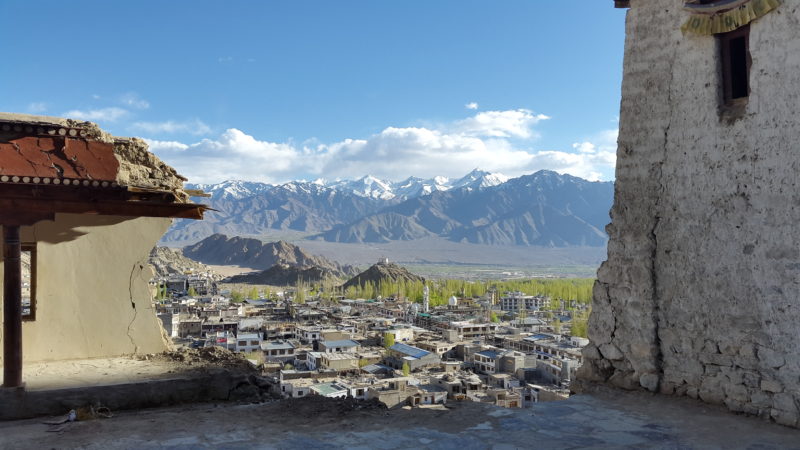
I was standing outside the bus doing some light stretching, trying to avoid the inevitable as long as I could, when the driver of the bus asked me to take my seat. Often, in India, when someone makes this request it’s just them wanting you to be comfortable, and with probably about twenty hours of seat time ahead of me, I wasn’t eager to sit. But, it was getting close to our scheduled departure time and so I complied.
An elderly local man who had been sleeping in the back of the bus when I arrived soon returned, reeking of alcohol and cigarettes, to pull a full bottle of rum from his bag. As he did so, he said to another man, presumably from somewhere in Uttar Pradesh, in Hindi, “It’s Old Monk.”
The southerner quickly stashed the bottle in his bag. Affectedly calm, he surveyed the station parking lot, only to then smile and discreetly display the bottle to his approaching companion. Alcohol, like cigarettes, sex, and meat, despite ubiquitous consumption throughout India, is taboo. No, it’s “progressive” and something of a status symbol. No, well, like everything in India, there’s nothing definitive one can say about it. The perception of so many things depends greatly upon where one falls on the social hierarchy and upon whom judgement is being passed. Anyway, a negotiation ensued to determine the fair price of the goods. The old man wanted 400 INR, or about $7 USD. The southerners balked at this price and eventually the two parties were able to come to an agreement.
Twenty minutes passed, and having traveled in India as long as I have I knew that this wait could, and probably would, go on for a very long time. After all, it’s no easy task to have a few buses ready to go on time if you’re only doing it a couple of times a day, five months a year [insert sarcastic tone here]. I decided to get out and resume my yoga. I stretched, breathed, and relaxed for about thirty more minutes, during which other buses arrived, emptied out, and parked willy nilly, with station employee assistance, or maybe just random guys loitering about, blocking the paths of the few buses loaded with passengers and obviously leaving soonish.
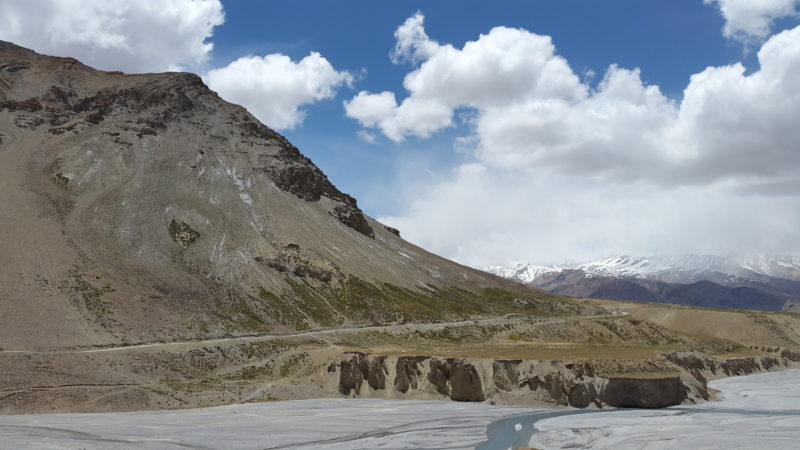
I decided to check in with the drivers and others who were gathered near the ticket booth about the delay. I wanted to ask, “Who’s in charge of this shitshow?”, but opted for what I felt was a less genuine, but culturally appropriate, “What’s going on?” I didn’t get any clear responses. We were eventually asked to switch buses and drivers, due to a “problem.” This one-word response is frequently used dismissively to avoid actually explaining the so-called problem in cases where it would surely cause some embarrassment. Everyone disembarked with faces expressing optimism and despair as our luggage was transferred from one roof to another. I stood watching and thinking this was all a bad omen. In my experience, in India, disorganization like this, that is, one or two steps beyond the normal, always precedes further unpleasant surprises. With a sigh of acceptance, I began to wonder what it would be this time.
Eventually, the bus drivers and station employees realized that some bus shuffling would be necessary. Drivers hurriedly jumped in buses and started them up. Conductors frantically began waving directions to their respective drivers only to realize they would need to work together in order to get anywhere, and that that might mean deferring to one or another. I wouldn’t be at all surprised if this plays out every evening during the tourist season.
We had only been on the road a few minutes before the driver pulled into some back alley and turned the engine off. He climbed out and rushed into a mechanic’s shop. Despite my amazement that we hadn’t also just stopped to spend an additional hour filling up with petrol, I couldn’t resist the urge to grill him a little bit when he returned. I spoke in English slang because even though every foreigner on the bus was having their patience tested, I was the only one who seemed to have reached their limit and I suspected that some, if not most, of what had transpired was out of the driver’s control. In other words, I spoke in English so as not to be fully understood.
The driver said he didn’t know English as he started up the bus. The old drunk, who was sitting in the front seat, right next to the only entry/exit door for passengers, said something to the driver that I didn’t hear. The driver’s response, however, was clear and quite revealing. He said, in Hindi, with an empathetic tone and demeanor, something to the effect that these types of delays normally frustrate foreigners. The implication being that we are accustomed to a different standard of service and different approaches to, well, basically everything.
I let it sink in for a minute. This driver didn’t yet know that I can hold my own in Hindi. It’s not that I take basic language proficiency for granted, but it doesn’t often happen that it so strongly transforms the way I relate to individuals here, especially anybody in the tourism industry. Most of them are out to cheat or at least clown-suit tourists one way or another and usually want nothing to do with me as soon as they realize I’ve been around for awhile. This guy, however, was exceptionally dignified and deserved no grief. I eased into some small talk with him and managed to more or less redeem myself, I think, in his eyes.
We made it a little further down the road before pulling up in front of a group of about 15 Buddhist nuns with a bunch of luggage. The old drunk immediately jumped out, dipped into a general store, and began pouring himself a huge glass of alcohol from behind the counter. I watched, envisioning him passing out later and blocking us all from getting in and out of the bus. Then, I began to wonder just how many people we were going to cram into this tiny little bus. It was all shaping up to be another one of those journeys — an adventure, as some like to say.
My mind drifted to the scene at the bus station, then the Ladakhi Buddhist Association (LBA). I had heard that the LBA had committed some acts bordering on terrorism (I don’t know the details) and controlled everything in Ladakh. I couldn’t help but wonder if they might be somehow connected to all of this. I mean, there’s a lot of money passing through Leh, but, like everywhere in India, it gets siphoned off by middlemen, like the LBA, rather than used as intended, like for infrastructure projects — the kind of projects that could lead to efficient public transportation. An example of this would be some member of the LBA pumping public funds into a project that a friend, probably also a member of the LBA, can profit from, but which isn’t in the best interest for the broader community. It probably happens to some degree all over the world. Regardless of the real story here, I decided to just take the opportunity to get out, stretch, and use the toilet, aka, the signboard for the Jammu and Kashmir Police Station.
When I returned to the bus, the shopkeeper friend of the drunk stood to hand me some candies to hand out to everyone on the bus, as “parshad,” as he said. Only a few nuns had boarded and taken seats, but several others were still inside saying goodbye. I let them off and then set about distributing the holy offering. It was an interesting moment for me. The shopkeeper knew from my appearance that I esteem “sewa,” or community service, and he probably assumed that I think drinking alcohol is disgraceful. Was he consciously trying to redirect my energy, from the erroneous presumed judgement on alcohol consumption, to sewa? Or was it a complete coincidence and he just wanted to give everyone a little treat? I still wonder if it wasn’t the former, like some kind of beautiful indigenous solution to a problem that wasn’t actually present, but would’ve been very easy to imagine.
I was lost in my music, but it was starting to feel like I had been sitting in my seat for a very long time. The seat supposedly reclined, but I had felt bolt upright from the beginning. Well, not really, I felt folded over through the combined efforts of my own poor posture and the way the seat back had this massive soft spot in the middle of it. The drunk, on the other hand, had completely disappeared under a sleeping bag and slept quite contentedly.
It was obvious that we were gaining elevation. There were 3-4 meter walls of snow alongside the road which visibly climbed into the darkness. One bend in a switchback we rounded left us stranded behind about a half dozen empty trucks. It was kind of an eerie site. Several men wrapped in woolen shawls were positioned around the lead truck. A couple pushed from behind and one or two tried to direct the driver. If two, they were surely giving conflicting signs. “Do mullah main murghi haram hai” [an Urdu expression similar to our “Too many cooks in the kitchen,” but a bit more loaded—roughly, “Given two mullahs, the chicken is bad”]. I managed to work out what was going on. There were some big potholes at the top of the next bend and the entire run was covered in ice, with no guard rails to protect against a drop of unknown grade or height.
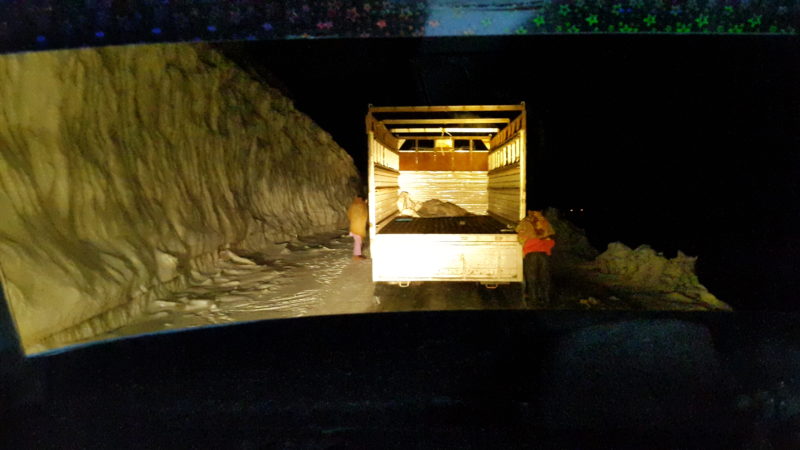
This was a new experience for me. My countless forays into the Himalayas usually exposed me to monsoon rains and the longer delays came from landslides. I’d get to hang out on one side of the mud and rock pile and watch a couple hundred men seeing their first landslide try and assume leadership of the road clearing effort. Simultaneously, other men would begin seizing an opportunity to pass hundreds of cars stopped alongside the road, as if they had all stopped for chai and jalebis or something, and end up packing both sides of the road, on both sides of the landslide no less, with vehicles and more “leadership.” As if this wasn’t enough, I could watch as rock and debris continued to settle and threaten to wipe us all out in yet another landslide. A couple of times I could even imagine my suffocating demise while watching and listening to a road on the other side of the valley get erased in a slide of its own. But, this time things couldn’t have been more different. Everyone was working together and I decided to get out and help push the last couple of trucks up the ice patch.
Stepping out of the stuffy, cramped cabin and into the crisp mountain air felt incredible. All I did was get out of the bus, but I felt so alive. My chest expanded. I felt loose and limber throughout my entire body. I looked up into the starry sky. I felt limitless.
Then I got behind one of the trucks and began struggling to gain any traction whatsoever. I looked at the men beside me, with their bare feet and flip flops and thin woolen shawls. I doubled down in my efforts and together we managed to get the last couple of trucks up and over.
I reluctantly returned to my seat. It was a bus, but it might as well have been your average Indian dive bar. It was dark and the air was moist and fouled by our resident drunken asstray, and there was no view. I just wanted this trip to be over.
It turns out that my discomfort, largely manifesting as shortness of breath while seated and so obvious while outside working, probably had more to do with our ascending Tanglang La than it did my posture, seat, or the bus itself. This pass, at 5328 meters (17,480 feet), is the highest point on the road between Leh and Manali. At least some relief could be found in that milestone.
Or could have. Inexplicably, our driver decided to start backing down the road, closing in towards the edge of the abyss, on an icy road, and appearing to be quite nervous himself. He backed up for 10-20 meters, looking all panicky, and then started speeding up the pass. We made it up with only a little slippage of the tires and began the descent. Then, only 100-200 meters from the very top, he pulls to the side of the road and kills the engine. I heard him tell the drunk that something broke. In my mind I was like, “You have got to be fucking kidding me.” I shouldn’t have been so surprised, though. Fundamental to traveling in India are the sudden, predictable unpredictabilities that take one through the most extreme emotional swings in very, very short periods of time. It’s a bad idea to get too attached to any middle ground here. The middle ground is maya, samsara, an illusion, or perhaps more immediate, like a dream, fleeting. Somehow, I think had I remembered the bad omen at the bus station it would’ve made the situation a bit more palatable.
Without saying a word to anyone else, the driver got out of the bus, and always eager for a stretch on these long trips, I shook the old drunk and told him I needed to get down. He mumbled something angrily, opened the door, and stepped aside to let me out.
I found the driver and inquired about our situation. I didn’t quite understand, but I think he said it was the alternator belt.
He found a large rock, placed it behind a wheel, climbed back inside, retrieved a blanket from the overhead, and proceeded to go to sleep with the utmost indifference to the other passengers.
One woman on the bus was a smoker. As it began to snow, she woke the drunk to go outside and feed that beast.
About as soon as the drunk was back under his sleeping bag another woman needed to relieve herself and so she also disturbed the drunk to get out.
More and more people began to accept we were in this thing for the long haul and things could actually get worse.
A Korean couple was dressed for Manali, during the day. She was wearing shorts and a light jacket. He was wearing a light jacket, but carrying a thick down coat. It wasn’t enough for the both of them. He had to shake the drunk awake yet again so that he could climb on top of the bus, in the dark, with only his phone for light, to locate his bag, which was somewhere under a tarp that had been tied down with lots of rope. The drunk was pissed now, and the Korean ultimately returned empty-handed, dejected.
A man from Czech Republic, wearing only sandals, realized he had better get more appropriate footwear. Again the drunk was woken, and again his anger and frustration increased. I couldn’t understand him, but it seemed like he was talking some rude mess to the rest of us with our incessant need to retrieve more layers and make ourselves more comfortable. I was laughing on the inside and began to look forward to people needing to get in and out—that’s what sailors do, laugh at others’ pain, in addition to their own; it’s a telltale sign of a Navy man.
It was a long night. My seat didn’t recline, to start, and I couldn’t even lean against the side of the van since it would quickly sap any feeling of warmth from my body. So, I sat in the dark, shivered, tried to breathe, and hoped that I wouldn’t get Acute Mountain Sickness (luckily, everyone on the bus was relatively well acclimated—had we been coming from the opposite direction things would’ve been far, far more serious; people regularly die coming from Manali, and at lower altitudes). At one point I began to wonder about that group of people who survived a plane crash, in the 80s I think, and resorted to cannibalism after a month or two without rescue. I wondered whether or not they understood the gravity of their situation in the beginning, or if it took awhile for things to set in. I was happy that the chances of that happening to us were basically nil, as by morning some traffic would begin to ply the pass again.
Some people started to get restless at first light. One of the nuns, we then discovered, spoke a fair bit of English, and ended up acting as a translator between the driver and increasingly frustrated and vocal foreigners. There was a plan, apparently, for the driver to hitch a ride back down the pass and bring a mechanic back with him. My plan, however, was to ditch this bus and start hitchhiking. No way was I going to take any more chances with this outfit.
I sat for a couple of hours, rubbing my feet for warmth and hawkishly watching the pass. Suddenly, I heard the sound of an engine, but couldn’t see any vehicles. I didn’t waste any time, however, and started shaking and waking the driver. The nuns did their part by shouting at him in Hindi. A moment later, he left in a private jeep.
I resumed my watch and within about 30 minutes saw a couple of government buses cruising our way. I jumped out to wave them down, standing in the middle of their path to force them to stop. A couple of the nuns had disembarked as well, which I was grateful for. How could the drivers blow by us all?
One of the nuns was jumping up and down eagerly. I joked with her, “You want to leave?” The intended funny bit being the irony of desire in this context. She emphatically said, “YES!”, which gave me a chuckle. The other nun suggested that maybe one bus would be empty. I responded that that would be too good to be true. We shared a smile—and then something changed as I looked past their shaved heads and robes and noticed both nuns were quite attractive.
The buses looked like they were engaging me in a game of chicken, saw the nuns, and decided to stop. They were both empty! And to top it off, one of them was heading to Chandigarh, via Manali, and was willing to take all of us and our luggage. We shifted everyone’s belongings and settled into our new ride.
I was one of the last people on the bus and took the only empty seat not in the back of the bus and only one or two rows behind the nuns. After plugging back into my music my mind returned to that earlier thought, and the move from philia towards éros. Not that I would’ve done so, but I wondered how they would’ve reacted had I told them they were beautiful. According to one Ladakhi Buddhist I spoke with, monastery life doesn’t preclude family life. His grandfather, after all, was a monk. I still doubt they’d be open to romance, but I found it an interesting thought, a thought that was quickly displaced by the question of whether a relationship of that nature, one involving two very spiritual people from two very different traditions, should be considered right or wrong, good or bad. I mean, I’ve got a pretty good idea what the respective societies would say, but I wanted something closer to the truth, and community opinion far too often, that is, usually, doesn’t reach that high.
My thoughts turned to Osho and his frequently insightful interpretations of Saraha, a, or the, Buddhist tantrika, and the view that the world isn’t divided into higher and lower, good and bad, etc., and that one would do well, to put it crudely, to stop complicating things and just be. Or put another way, to attain ever-lasting bliss, one should transcend the projections of society and their own conditioned mind and just flow with nature, with the cosmos.
Then, I remembered a movie I watched some years ago, “Samsara,” directed by Pan Nalin, and noted a potentially sharp contrast. It’s an Italian production, filmed in Ladakh, in the languages of Ladakhi (or Tibetan) and a bit of Punjabi, and definitely worth the subtitles. A basic plot summary might say something to the effect of it being about one man’s struggle, and it is indeed a battle, between the sacred and profane worlds. This either/or scenario is the paradox I have in mind. In the film, a dying Lama (priest) presents the following brain buster:
“I realize now that my task is not over and so I will be returning to samsara [the manifest world]. I know that we shall meet again. Perhaps when we do you will be able to tell me what is more important: satisfying one thousand desires, or conquering just one.” -Apo
At first glance, in the context of the movie, it would seem that Apo’s anticipated answer of “conquering just one” has merit. But in the context of tantra as interpreted by Osho and his flower analogy that this piece began with, it’s not a question of either/or, it’s not a question at all. There is no either/or, right/wrong, good/bad in anything, once one transcends the projections of self, others, and society. And once one has fully transcended all projections they enter a state of bliss, unburdened by ego, guilt, etc., and, importantly, are unable to do any harm. Furthermore, until one does so, one isn’t truly alive. It raises the question of to what extent are we not fully actualized beings? To what extent are history, culture, tradition, religion, institutions, language, and so on and so forth, all of the things that give shape to and seemingly mandate the so-called projections, holding me down, obstructing self-expression? A lot, I think.
Our journey off the Tibetan plateau continued and as it did, my health, or at least my will to endure, eroded. I had had a headache since some point in the night and it wasn’t clear to me whether it was related to the elevation, dehydration, or had morphed from one or both of those into motion sickness. All I knew was that getting down in Keylong, several hours before Manali, seemed to make the most sense. I badly needed rest.
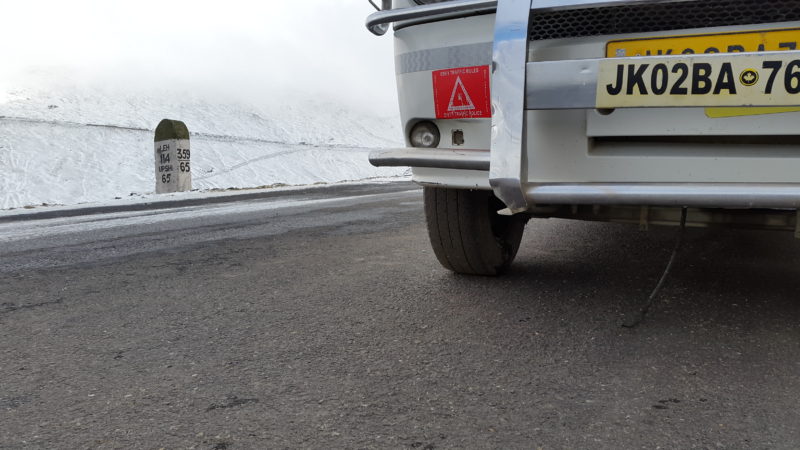
Our driver stopped at a small village before Keylong. All of the foreigners had to go through our final registration checkpoint security charade. This stuff almost makes the TSA look sensible. I sat hunched over on the stairs awaiting my turn at the table when some random guy said to me in English, “You look like a Punjabi.” I’ve always struggled with a response to this half-question, half-statement, and for some reason it always annoys me. I guess it’s the tone and for some reason it’s almost always the same. It’s taken awhile, but over the years I’ve come up with a couple cheeky retorts, such as, “Are you saying I’m fat?” At that moment, feeling terrible and therefore even more annoyed by this statement than usual, I wanted to say in Punjabi (the language of the people he was referring to) and with condescension, “What’s a Punjabi,” but instead I just nodded.
I was back on the bus as soon as I had signed out and so when the driver and conductor boarded, revved up the engine, and started flying down the road, I was there. But, the drunk wasn’t. He had been relating to the various drivers and nuns differently than the rest of us and so part of me thought maybe he meant to stay behind. But, this didn’t seem likely given that his luggage was still on board. I wondered if I should say something, thought that I should, but felt too weak in the moment to do so.
I needed to understand what was going on and needed to do so quickly. I imagined it was karmic retribution and, under the circumstances, had to assume I was acquiring some negative points in the process. Naturally, this perspective wasn’t all that desirable. I tried to excuse my actions away when I noticed that one of the nuns appeared to also notice he wasn’t on board and did nothing. I thought perhaps, just perhaps, the drunk did intend to stay behind. I’ve seen such oddities in India before and maybe there was a plan in place to reunite him with his things. Then, the nail in the coffin, when I assumed that the driver and/or conductor would have a phone number or two of someone at the checkpoint. This seemed like a logical possibility and so I didn’t have to worry about the old drunk being left high and dry. He might even learn a lesson from it all.
It was ridiculous, though. I was trying to justify my selfishness. The truth was that I wanted to get to Keylong as soon as possible and now I seemed willing to leave the old guy behind simply because he was an irresponsible drunk (I may not have anything against alcohol, but it seems like maybe I have something against excess!). I was putting my desire for comfort, relief, a healing space, whatever you want to call it, ahead of whatever he stood to lose by being separated from his belongings. By the time I had worked through all of this it felt like we were too far down the road for me to say anything and have any effect, the driver would probably just continue on. I was going to have to live with the knowledge that I might have done a real disservice to someone.
Then I saw the drunk standing on the side of the road waving and we began to slow down. There was nothing to worry about—except the nugget I had just learned about myself. And hopefully I had indeed learned my lesson.
I went to the front of the bus as we approached Keylong to ask the driver to let me down somewhere where I could get decent accommodation. The one nun still on the bus told me that I should get down there, and accordingly the driver pulled to the side of the road.
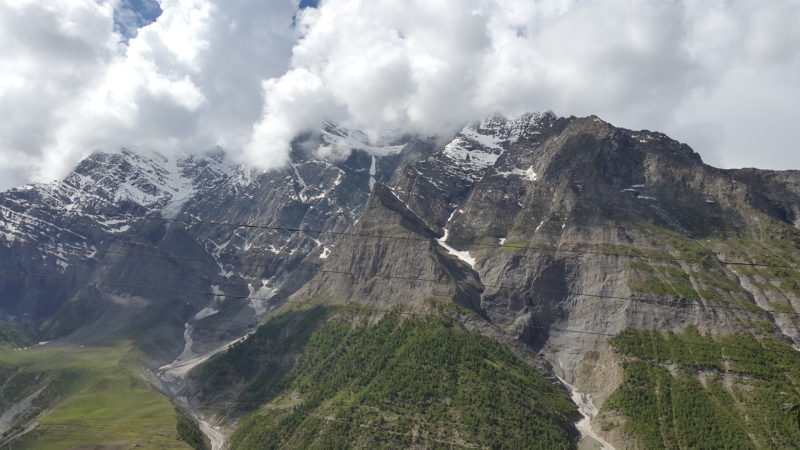


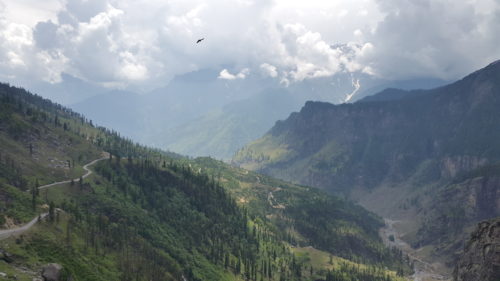
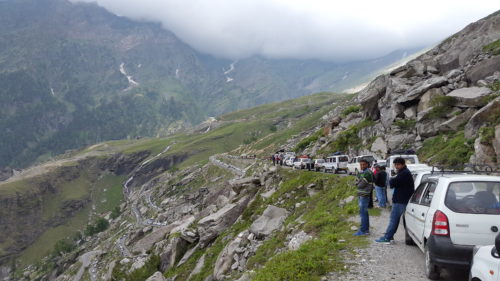
 currently living in India. With a background in political theory and ethnography, he occasionally works as a professional guide and consultant in the fields of religion, culture, and adventure travel. He can be contacted via this blog and would appreciate any and all feedback, comments, and queries. Check out his other articles:
currently living in India. With a background in political theory and ethnography, he occasionally works as a professional guide and consultant in the fields of religion, culture, and adventure travel. He can be contacted via this blog and would appreciate any and all feedback, comments, and queries. Check out his other articles: 